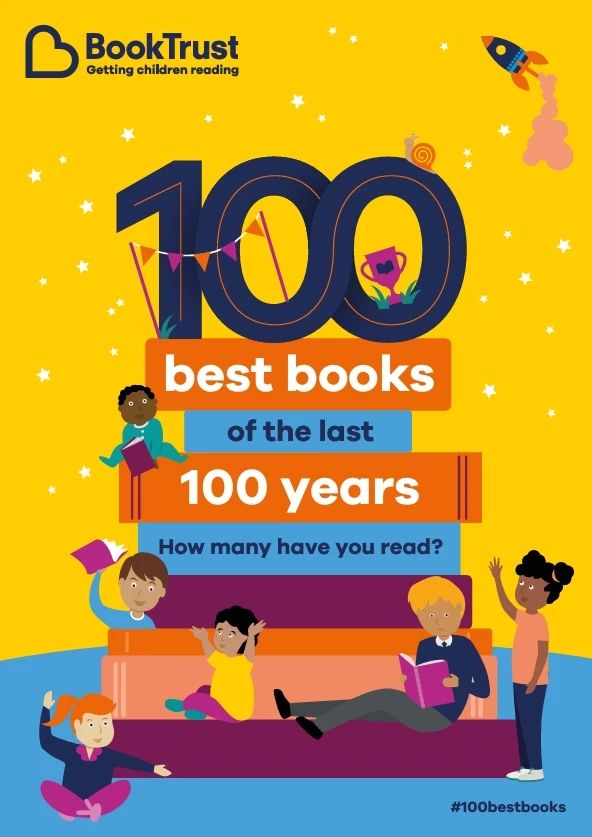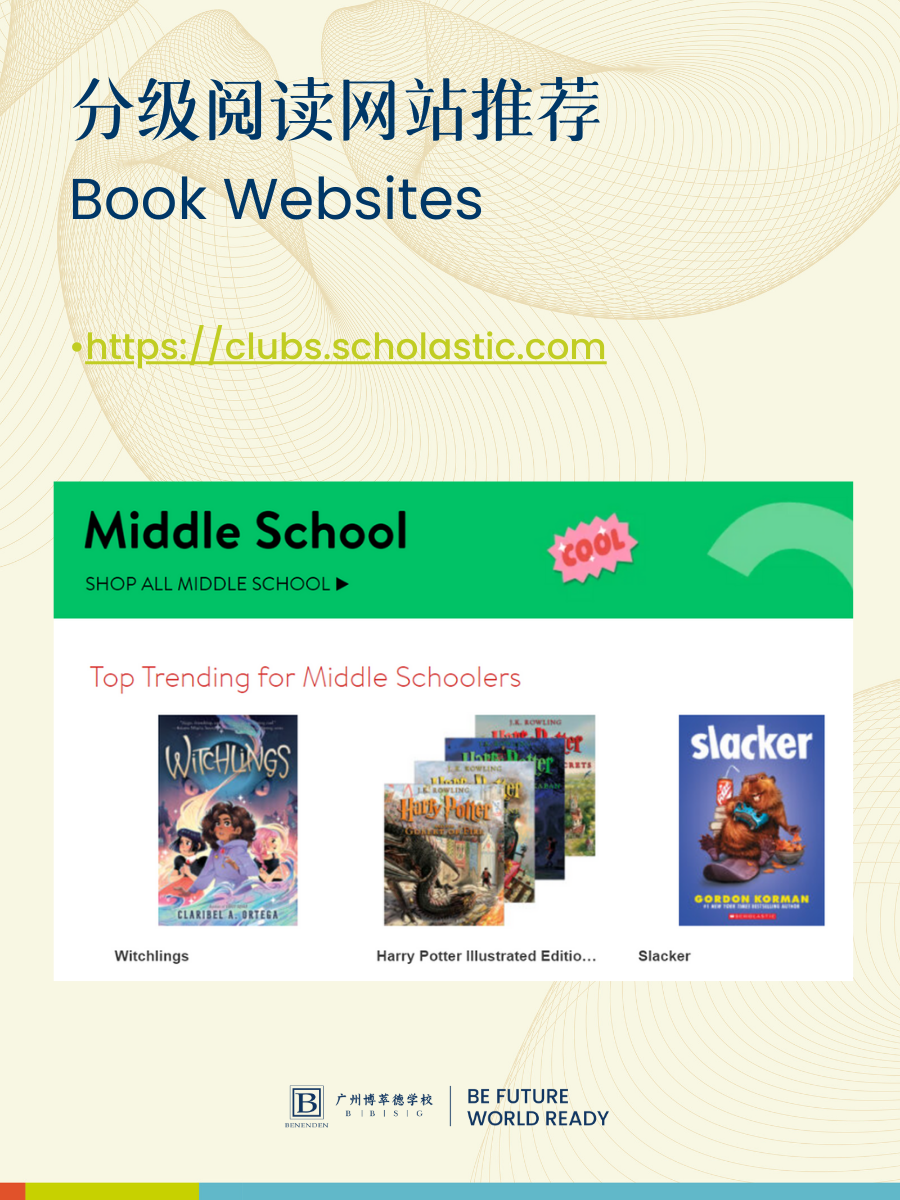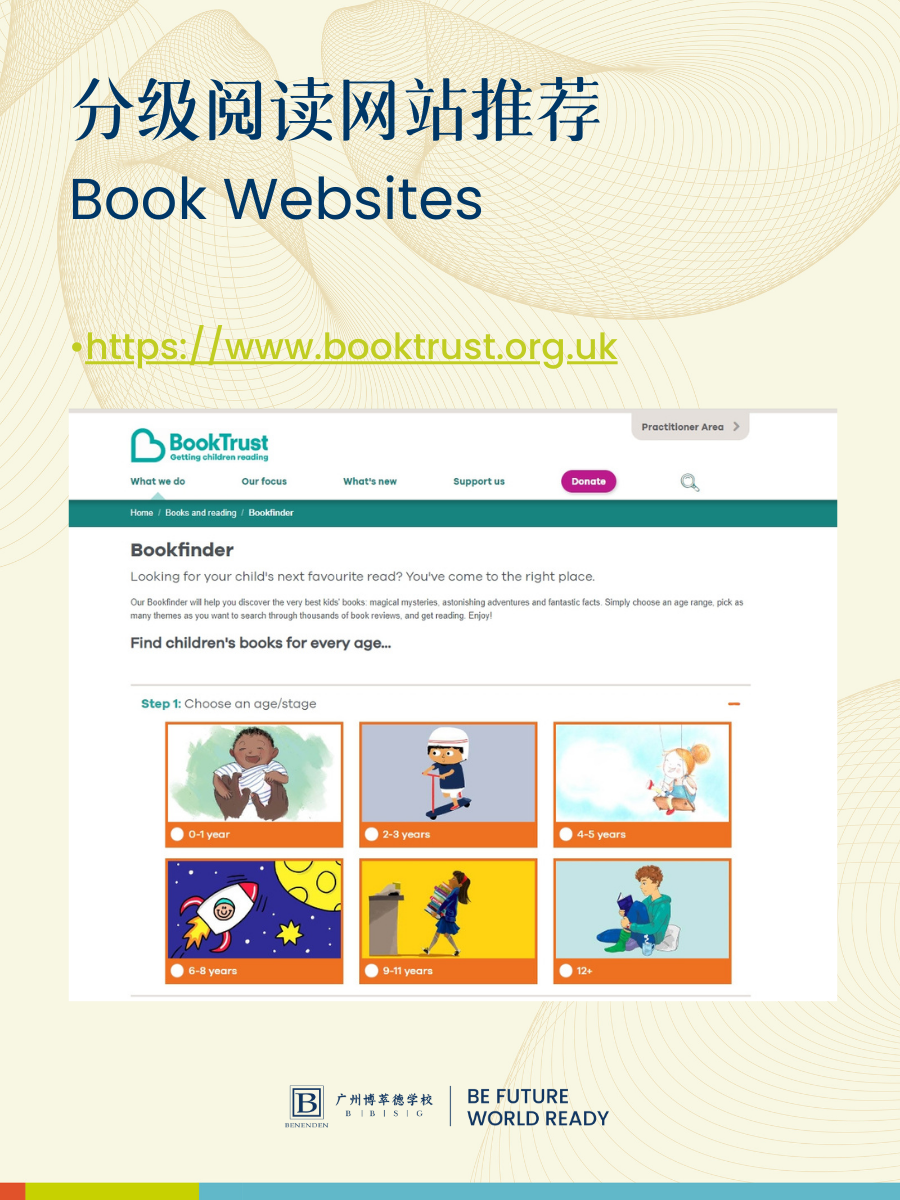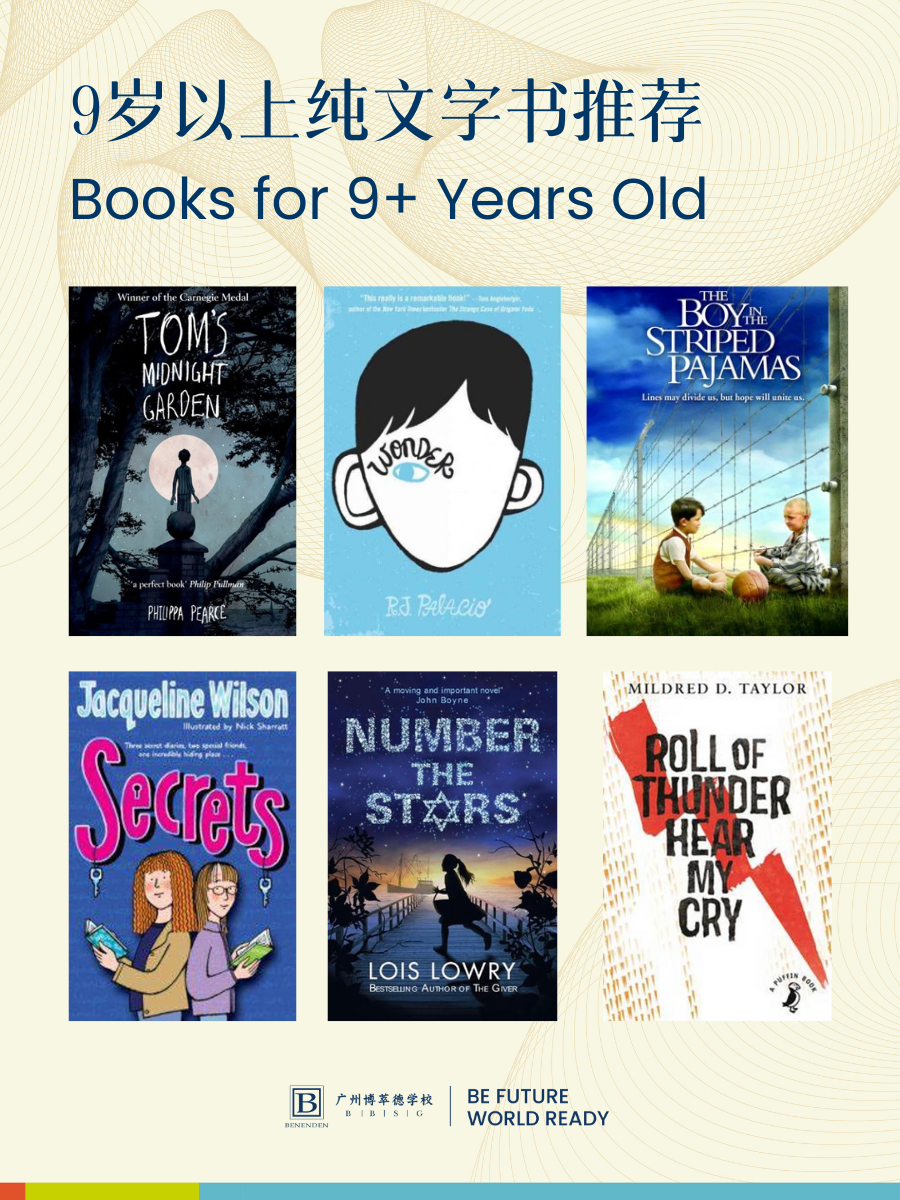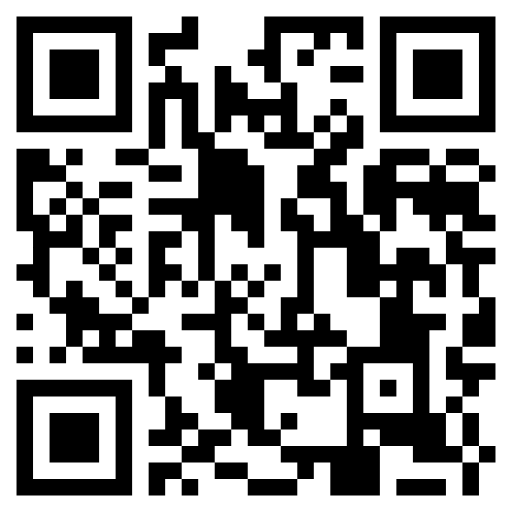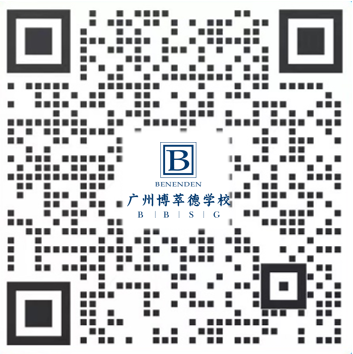Parent Workshop on English Literacy
07 Apr 2024
Can children read in English before they can recognise words?
What's the most efficient way to learn vocabulary?
How to transit from picture books to bridge books?
How do we raise an independent English reader?
Recently, BBSG parents participated in an engaging and informative workshop with our Chinese Principal, Ms Louisa Shen. The workshop, which lasted nearly two hours, addressed the challenges and concerns in English learning. Topics covered included vocabulary acquisition, reading skills, and recommended resources. Parents had the opportunity to step into their children's shoes and explored strategies to make English learning effortless during different critical periods.
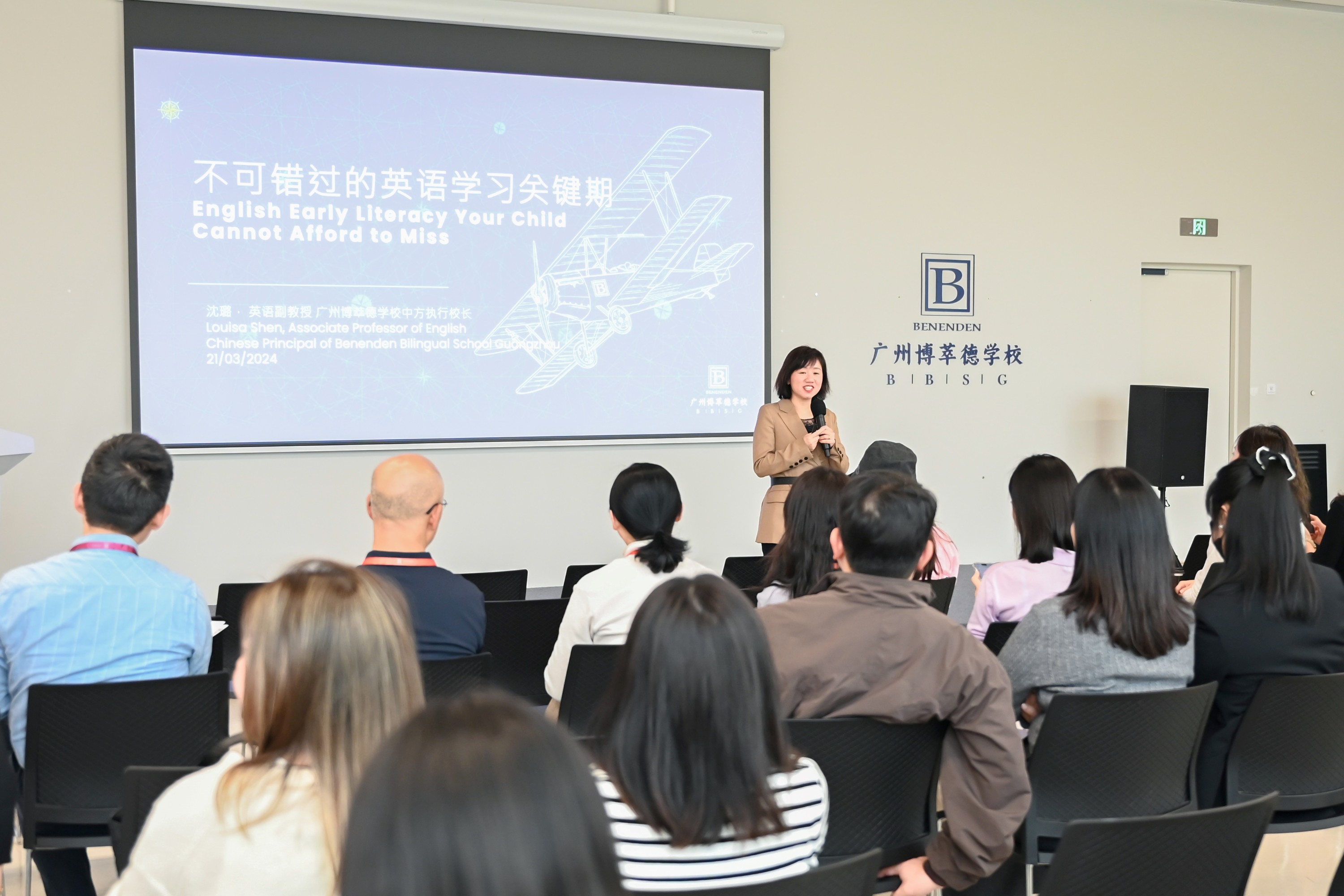
The purpose of this workshop is not to burden parents with the responsibility of teaching their children at home. Instead, our goal is to help parents understand how their children learn at BBSG, providing them with confidence and making family time enjoyable.
——Ms Louisa Shen, BBSG Chinese Principal
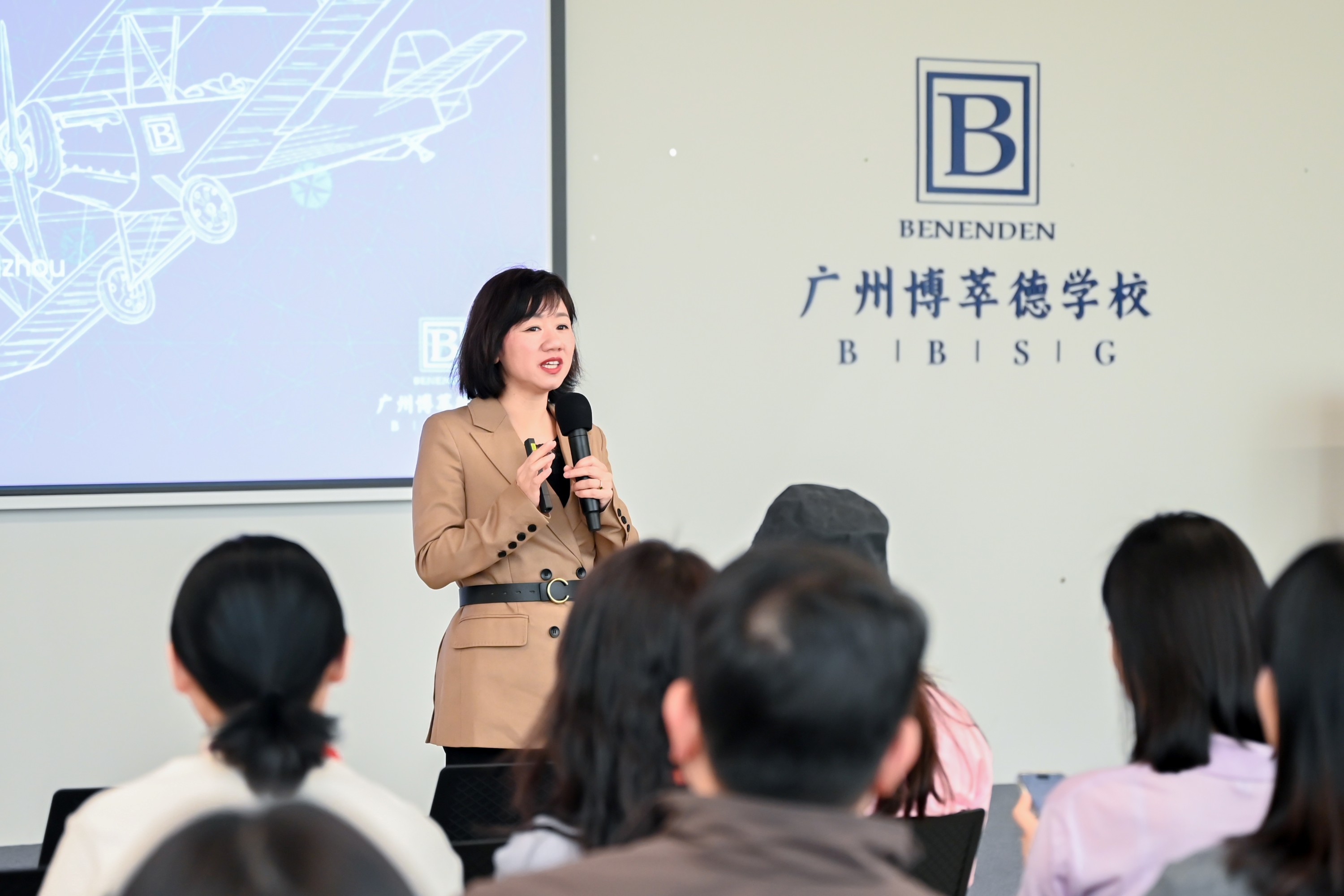
Language Learning VS Language Aquisition
Have you ever wondered how children truly master a language? For native learners, language acquisition occurs naturally in an immersive environment. Children tend to imitate and incorporate phrases spoken by their parents, friends, classmates, or expressions from media into their own language system, even without explicit instruction. However, for non-native learners, learning a language requires repeated exercises in listening, speaking, reading, and writing.
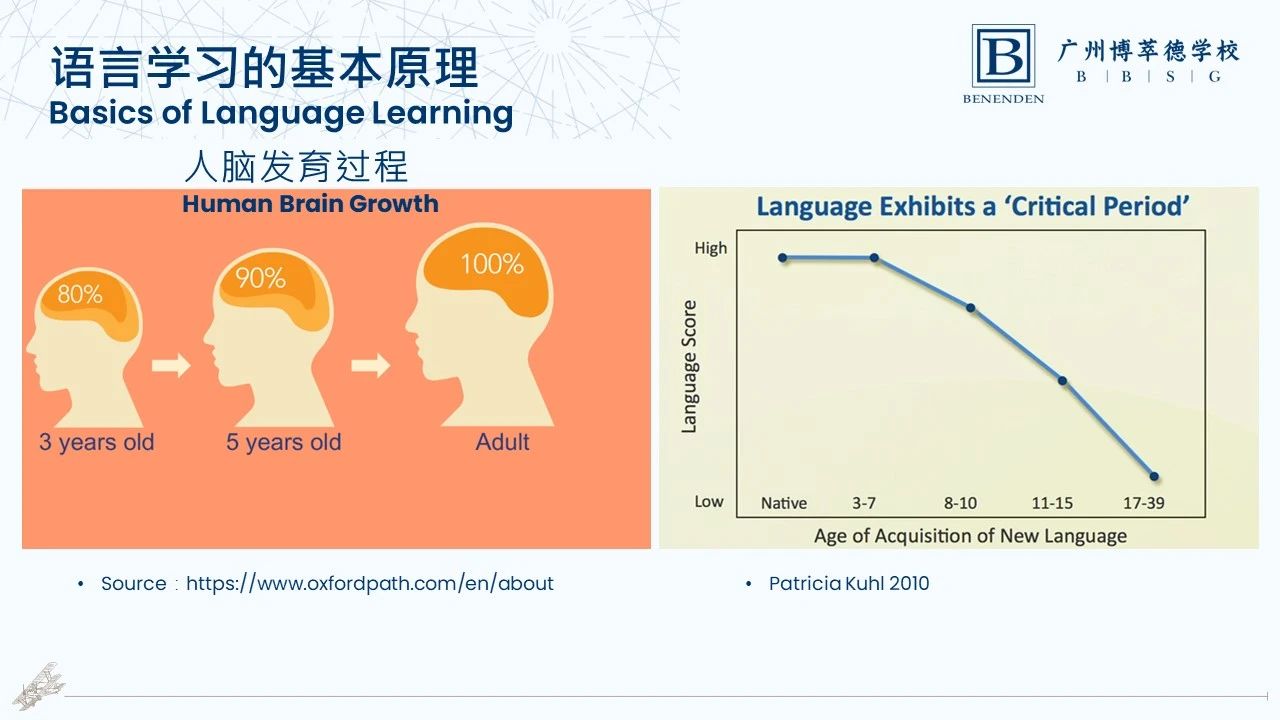
Based on research in brain development, three key periods emerge during a child's brain development. Correspondingly, language learning also unfolds in three key stages. By recognising and leveraging these critical periods, we can create a language environment that facilitates language acquisition, maximising learning efficiency.
So, how do we help our children transit to independent reading during the critical stages at ages 3, 6, 9, and 12?
From Reading Pictures to Comprehend Different Contents
From ages 3 to 6, children begin reading with pictures and gradually discover the correspondence between sounds and words. During this period, reading with our children nurtures a love for reading and develops a "sense of language" that benefits their reading skills in the long run.
From ages 6 to 8, children start using phonic skills such as letter sounds and syllable counting to spell and write words. These skills enable students to effortlessly acquire vocabulary and even tackle challenging academic terms like "photosynthesis".
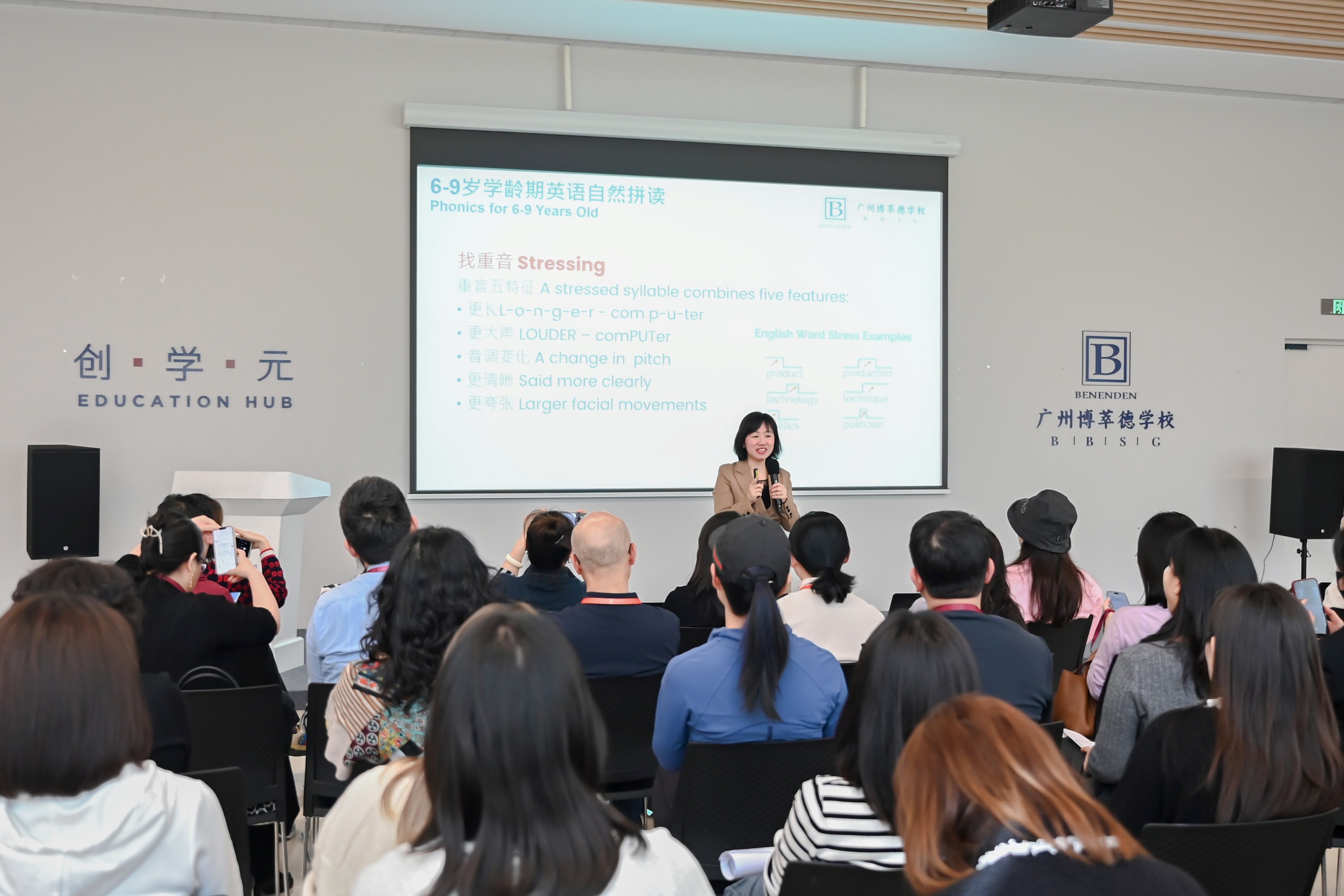
Parents were experiencing how their children learn techniques like rhyming, phoneme separation, and finding syllable stress during engaging workshop activities.
From ages 9 to 12, by introducing books with fewer illustrations, we facilitate the transition from Learning to Read to Reading to Learn. During this stage, it is crucial to focus on improving reading speed and emphasizing reflection and application to ensure a profound understanding of the content. Additionally, incorporating learning tools such as the Memory Palace technique enables children to overcome the forgetting curve and enhance their learning efficiency.

Through purposeful training at each key stage, we empower our children to learn "how to learn" and make the most of their study time. With a solid foundation in English, they develop the ability and confidence necessary for advanced academic English reading in their future education.
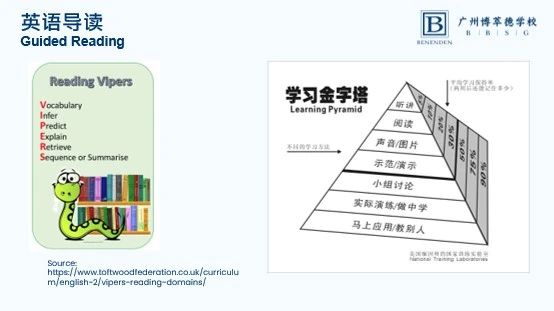
Reading Resources: 100 Best Books
Of course, parents didn't leave the workshop empty-handed. The session concluded with a collection of excellent book recommendations from around the world, supporting high-quality English reading and learning.
